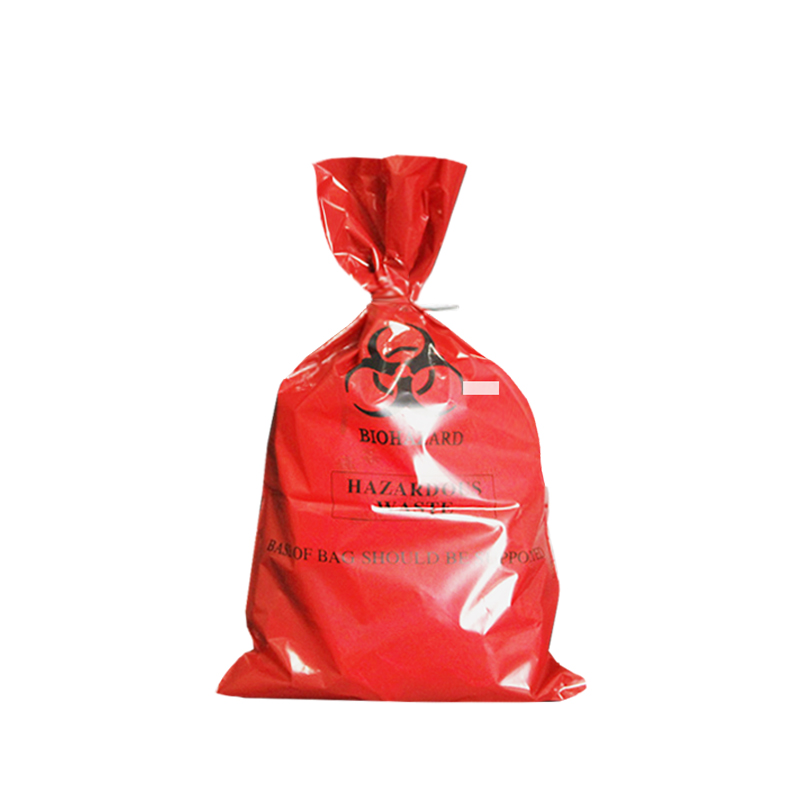What are autoclavable biohazard bags used for?
Autoclavable biohazard bags are a crucial component of the biohazard waste management process, designed to withstand the high temperatures and pressure of autoclaving. Here's an in-depth look at the uses and importance of these specialized bags in healthcare, research, and laboratory settings.
Containment and Sterilization: Autoclave resistant biohazard plastic bag are specifically engineered to contain biohazardous waste materials and withstand the sterilization process in autoclaves. These bags can withstand high temperatures and steam pressure without compromising the integrity of the waste containment.
Secure Disposal of Infectious Waste: In healthcare facilities, research laboratories, and other settings, autoclave biohazard bags are utilized to safely and effectively dispose of biohazardous waste, including contaminated personal protective equipment, laboratory equipment, and materials that have come into contact with potentially infectious agents.
Compliance with Regulatory Standards: Regulatory authorities require the proper sterilization and disposal of biohazardous waste to prevent the spread of infections. Biohazard disposable autoclave bag facilitate compliance with these stringent regulations by ensuring that waste is effectively sterilized before being discarded.
Prevention of Cross-Contamination: The use of autoclave biohazard bags minimizes the risk of cross-contamination during the handling and disposal of biohazardous materials. By containing and sterilizing the waste within these specialized bags, the potential for infectious agents to spread is significantly reduced.

